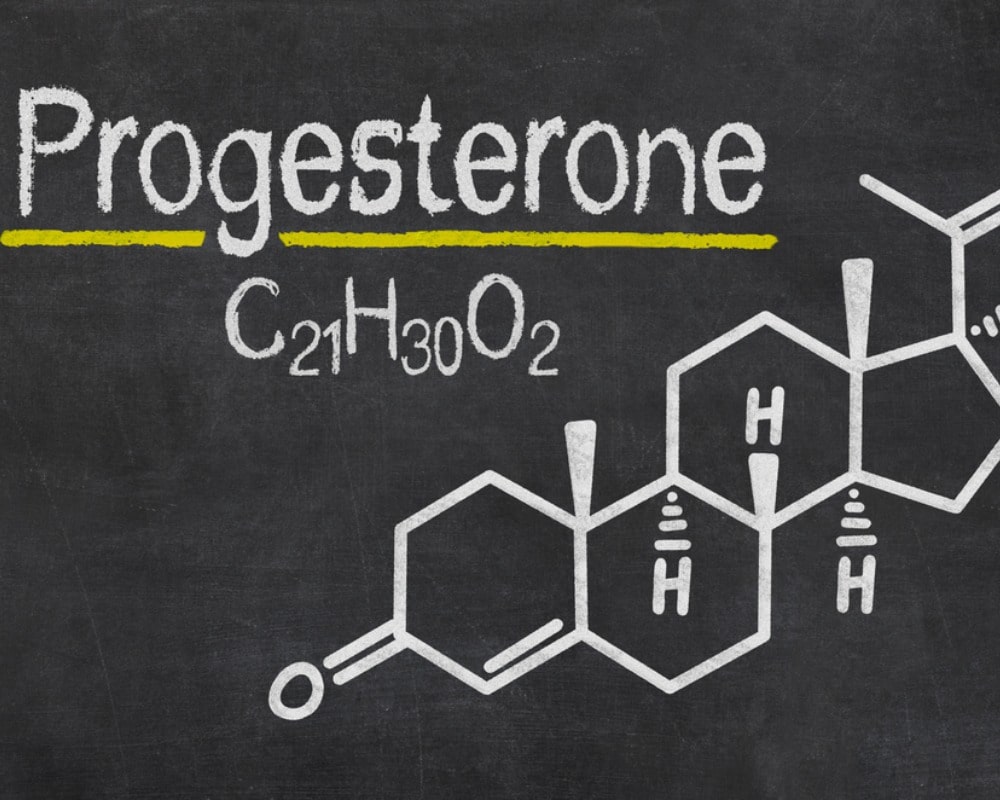Progesterone, often associated with pregnancy and the female reproductive system, is a vital hormone that plays a significant role in both men and women. While its effects are prominent in women, progesterone also influences various aspects of mens health. In this blog post, we will delve into the multifaceted nature of progesterone, its divergent effects on genders, the consequences of its decline, and why it is essential for both men and women
Understanding Progesterone:
Progesterone is a hormone primarily produced in the ovaries of women during the menstrual cycle and pregnancy. It is also present, albeit in smaller quantities, in the adrenal glands of both genders. Progesterone is a key player in the regulation of the reproductive system and has a wide range of effects throughout the body.
Progesterone’s Functions:
1.Female Reproductive Health: Progesterone is crucial for regulating the menstrual cycle, preparing the uterus for implantation, and maintaining a healthy pregnancy. It helps thicken the uterine lining and supports the development of the placenta. Progesterone also plays a role in breast development during pregnancy.
2. Male Reproductive Health: While testosterone is the primary male sex hormone, progesterone also plays a role in male reproductive health. It contributes to sperm production and supports the maturation of sperm cells.
3. Mood Regulation: Progesterone has an impact on mood regulation and can have a calming and sedative effect. It promotes a sense of relaxation and emotional well-being in both men and women.
4.Bone Health: Progesterone contributes to the maintenance of healthy bone density in both genders. It works in conjunction with other hormones, such as estrogen, to support bone health and prevent conditions like osteoporosis.

Consequences of Declining Progesterone:
Women: In women, progesterone levels naturally decline as they age, particularly during perimenopause and menopause. This decline can result in various symptoms, including irregular periods, mood swings, hot flashes, sleep disturbances, and reduced bone density. It may also contribute to an increased risk of cardiovascular issues and certain gynecological conditions.
Men: While men have lower levels of progesterone compared to women, a decline in progesterone can occur with aging or certain medical conditions. Reduced progesterone levels in men may contribute to symptoms such as fatigue, decreased libido, and potential prostate health issues.
Importance of Progesterone in Both Genders:
1.Hormonal Balance: Progesterone works in harmony with other hormones, such as estrogen and testosterone, to maintain overall hormonal balance. It helps regulate the effects of these hormones in the body, promoting optimal health and functioning.
2. Brain Function: Progesterone influences neurotransmitters in the brain, impacting mood, memory, and cognitive function in both men and women.
3. Anti-inflammatory Effects: Progesterone has anti-inflammatory properties and helps modulate the immune system. It plays a role in reducing inflammation and promoting overall immune health.
4. Cardiovascular Health: Progesterone contributes to cardiovascular health in both genders. It helps regulate blood pressure, supports healthy cholesterol levels, and may have protective effects against heart disease.
In Conclusion, progesterone, often associated with its role in female reproductive health, has a profound impact on the well-being of both men and women. It plays a vital role in the regulation of the reproductive system, bone health, mood regulation, and overall hormonal balance. Understanding the consequences of declining progesterone levels empowers individuals to seek appropriate healthcare and make lifestyle choices that support their overall well-being.

